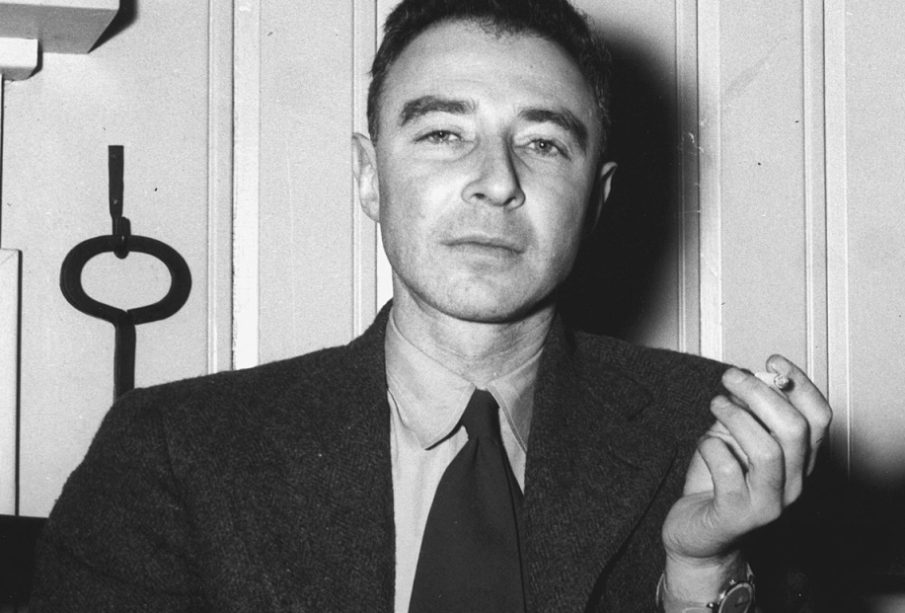The Life and Legacy of Robert Oppenheimer

Introduction
Robert Oppenheimer, often referred to as the ‘father of the atomic bomb,’ is a figure whose legacy is deeply intertwined with the history of science and warfare. His leadership of the Manhattan Project led to the development of the atomic bomb during World War II, a pivotal moment that not only changed the course of the war but also initiated a new era in global politics and ethics. The significance of Oppenheimer’s work, alongside the controversies it ignited, is more relevant today than ever as the world grapples with nuclear proliferation and the moral implications of scientific advancements.
A Pioneering Scientist
Born in 1904 in New York City to a well-off Jewish family, Oppenheimer showed early promise as a brilliant student, excelling in physics. He earned degrees from Harvard University and the University of Göttingen, where he studied under several eminent physicists. His academic pursuits culminated in a robust career at the University of California, Berkeley, where he established himself as a leading theoretical physicist.
The Manhattan Project
With the outbreak of World War II and the threat of Nazi Germany developing atomic weapons, Oppenheimer was appointed the scientific director of the Manhattan Project in 1942. Based at Los Alamos, New Mexico, he led a diverse team of scientists and engineers in the race to create the world’s first nuclear bomb. The project’s success was marked by the Trinity Test on July 16, 1945, which witnessed the first atomic explosion, an event that forever altered humanity’s relationship with warfare and science.
Post-War Controversies
Despite his monumental success, Oppenheimer faced significant scrutiny after the war. As the U.S. entered the Cold War, he became vocal about the dangers of nuclear weapons and advocated for international control of atomic energy. This stance put him at odds with many political leaders, leading to his public downfall during a 1954 security clearance hearing where he was accused of being a security risk due to his past associations. The hearing was a turning point that led to Oppenheimer’s withdrawal from public life.
Legacy and Significance
Today, Robert Oppenheimer’s legacy is both celebrated and debated. His contributions to physics and national security remain critical subjects in academic discourse, while his later reflections on the moral implications of scientific progress resonate powerfully in contemporary discussions about technology and ethics. As the world continues to confront the realities of nuclear weapons and their consequences, Oppenheimer’s cautionary tales serve as a reminder to tread carefully with scientific advancements that possess profound implications for humanity.
Conclusion
In conclusion, Robert Oppenheimer remains a complex figure whose work paved the way for unprecedented scientific developments. His life presents a dichotomy of innovation and ethical dilemmas, urging current and future generations to consider the ramifications of their scientific pursuits. As we move forward in an age of rapid technological advancement, Oppenheimer’s legacy challenges us to balance progress with responsibility.








